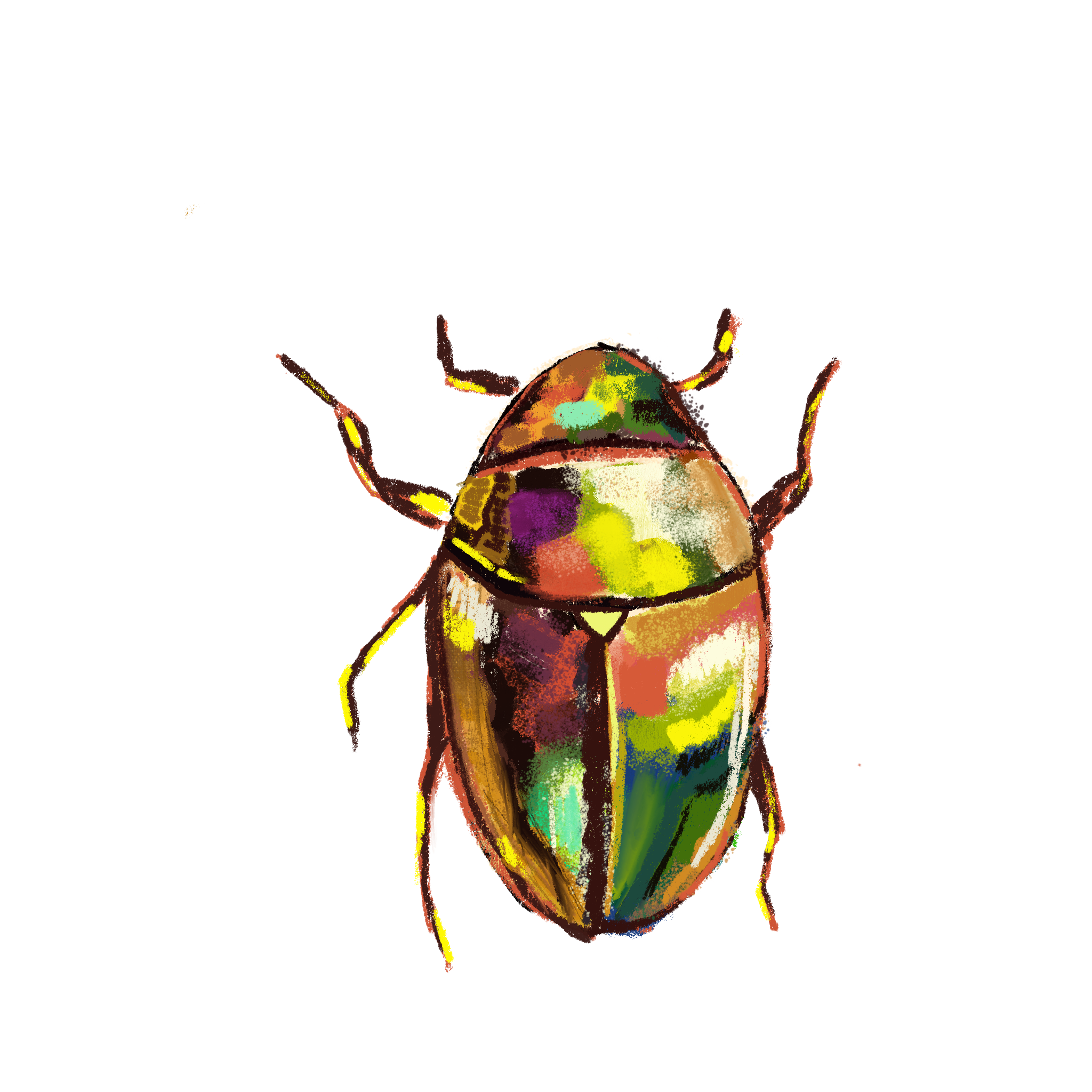The Baja California Issue
Ex Nihilo
Thinking about faith in ensenada
In the beginning, God created the heavens and the earth. The earth was without form and void, and darkness was over the face of the deep. And the spirit of God was hovering over the face of the waters.
And God said “let there be light,” and there was light. And God separated the light from the darkness. God called the light Day, and the darkness He called Night. And there was evening, and there was morning, the first day.
That there even was a beginning is an impossibility. You’re telling me that for all those drifting nebulae where humanity will never go but is lucky enough to see, for the supermassive black holes that have spun their galaxies for billions of years, for the star dust from which we and everything else are made, there was a beginning? You, too, may try beholding it, and you will not be able to. The mother of us all is nothing at all; from nothing springs everything. Such was the beginning.
Our trip to Ensenada now tastes like a wispy dream whose flavor I can’t quite recall with any real precision. A dusty morning road, my first cactus (slimier than anticipated), a homily I barely witnessed from the church’s far back pews while my friends waited around outside. The mass was like any other mass that I’ve been to, but in Spanish (critics will ask isn’t that the whole point), and then we were off. Bland as it seems, the taste lingers nevertheless.
Admitting that I fell away from my faith in these recent months is something I’d rather not have printed on several hundred magazines, but reality is always less romantic and more jarring than we’d like it to be, isn’t it? In October, I suddenly changed my mind with explosive force, then things were quiet for a bit, then vertigo. There are days when I wake up and feel like talking to the God I disavowed, hoping he will cradle me in his all-controlling arms; this is always followed by repeating October’s 95 theses and shaking myself off, marching diligently on to a future of meaninglessness. Saying these things feels like succumbing, but I’m far past that now.
In my last semester of college, there was a Spanish girl in my global studies class who told me that I don’t speak Spanish because the language they teach in American high schools is “Mexican,” not Spanish. So what’s the language in that Mexican priest’s mouth when he’s telling me that Jesus would have wanted us to love our enemies? I get the feeling that if they could speak “Mexican,” they would, but they can’t anymore so they speak Spanish.
On May 4, 1493, Alexander VI issued Inter Caetera, a papal bull dividing the New World between Spain and Portugal so long as “the Catholic faith and the Christian religion be exalted and be everywhere increased and spread, that the health of souls be cared for and that barbarous nations be overthrown and brought to the faith itself.” Have the barbarians yet achieved their salvation?
It is 9am and we are all driving to Casa Urbina to see the vineyard that Montse’s uncle owns and maintains. Montse tells us that those yellow mustard flowers we see scattered along the road were brought by Spanish missionaries to mark the places they’d conquered. I think about the joy those Spanish fathers would have felt to see their invasive species flourishing here. I think about the destruction sown with every seed of that mustard flower, and how the beetles and sparrows who feed on their leaves and seeds just don’t care about how they got there or about the ancient people who had to die for them to eat their modern lunch. I think about Auntie Audrey, the Black lady who taught Sunday school at my church and who loved me very much because God loved us first.
I will never convert anyone away from Christianity. Why would I ever inflict the emptiness I feel upon anyone else, intellectually awake as I may be now? Our human existence without faith is simultaneously the greatest privilege born out of infinitesimal odds and the cruelest Sisyphean curse which dooms us to an existence without meaning. And though I have spent most of the universe’s timeline experiencing nothingness, I fear it to no end. That death that ends every being will be absolute for me, and the absence of everything will simply envelop me on that dreaded day until I am, like everything will be, nothing.
At Casa Urbina, Montse’s uncle tells his staff to keep our glasses full as we down chilled wines between moments of rich laughter. For his gracious outpouring, we thank him profusely, and to each of us who does, he responds over and over with the only words we’d understand: de nada, de nada, de nada.
It’s an interesting saying, de nada. It exists in my mind somewhere between “you’re welcome” in English and “don’t thank me” in Chinese. But the magic of that expression goes a bit deeper; it is that you have thanked me, and I can only return your gratitude with that which I have and that which I am — nothing. De nada, of nothing. I feel the flavor dissipating still further.
Words: David Chen
Photos: Alisa Karesh, Emily Langston
Design: Christina Kan





